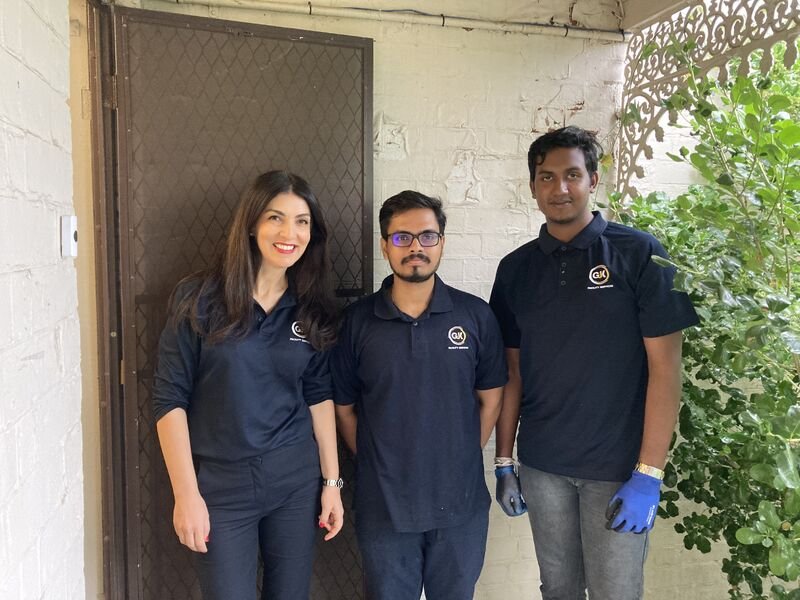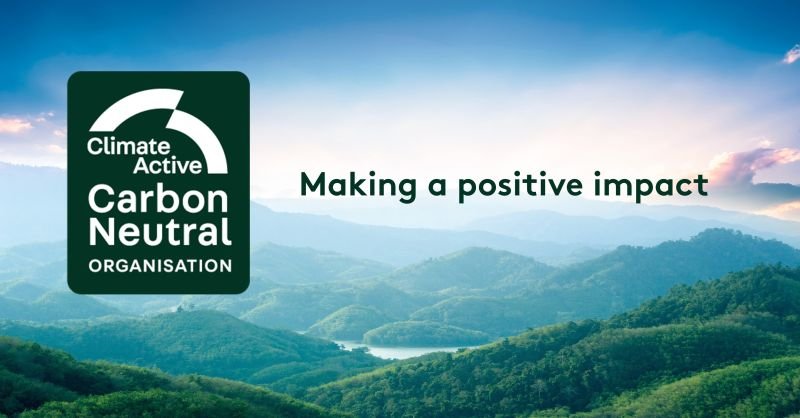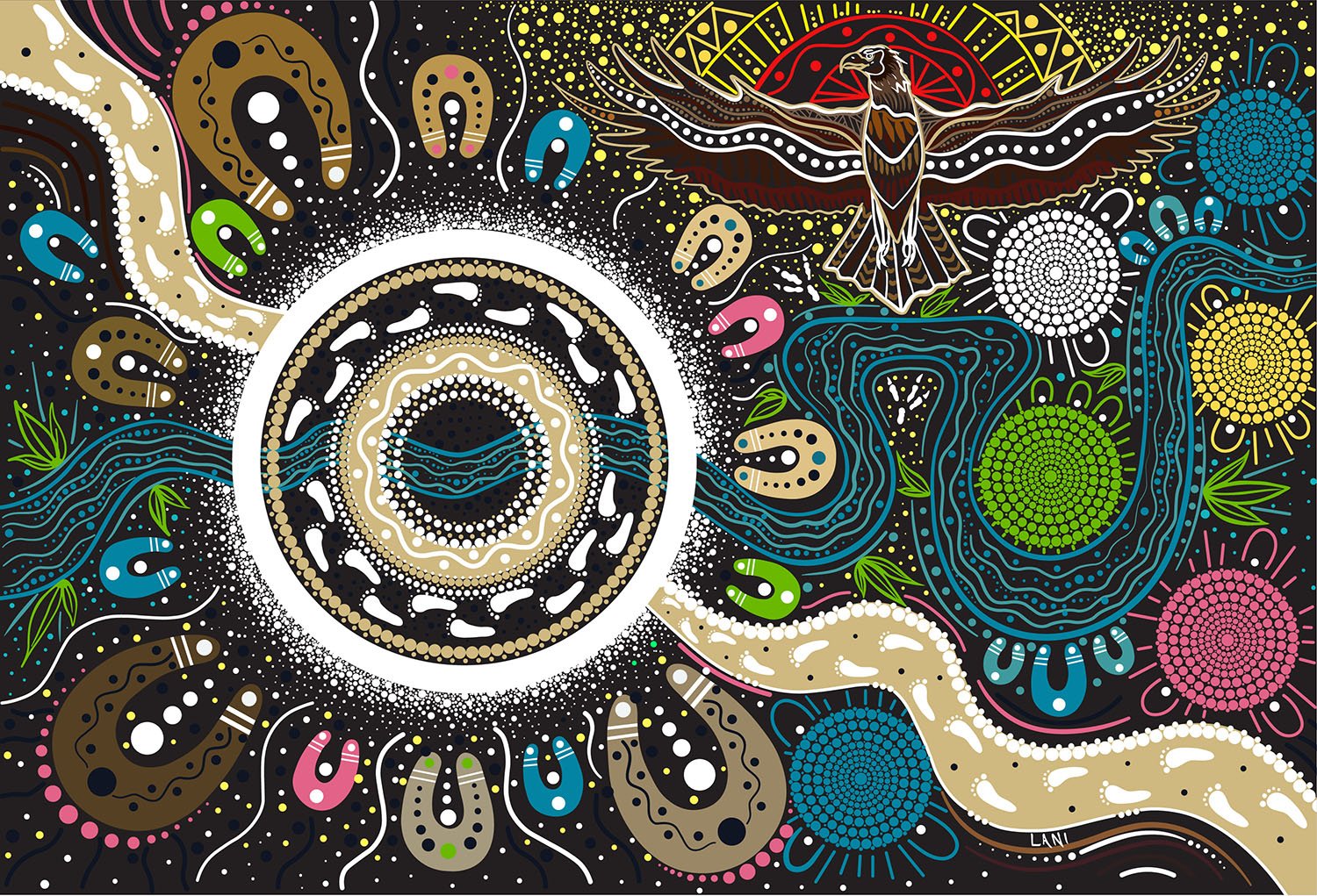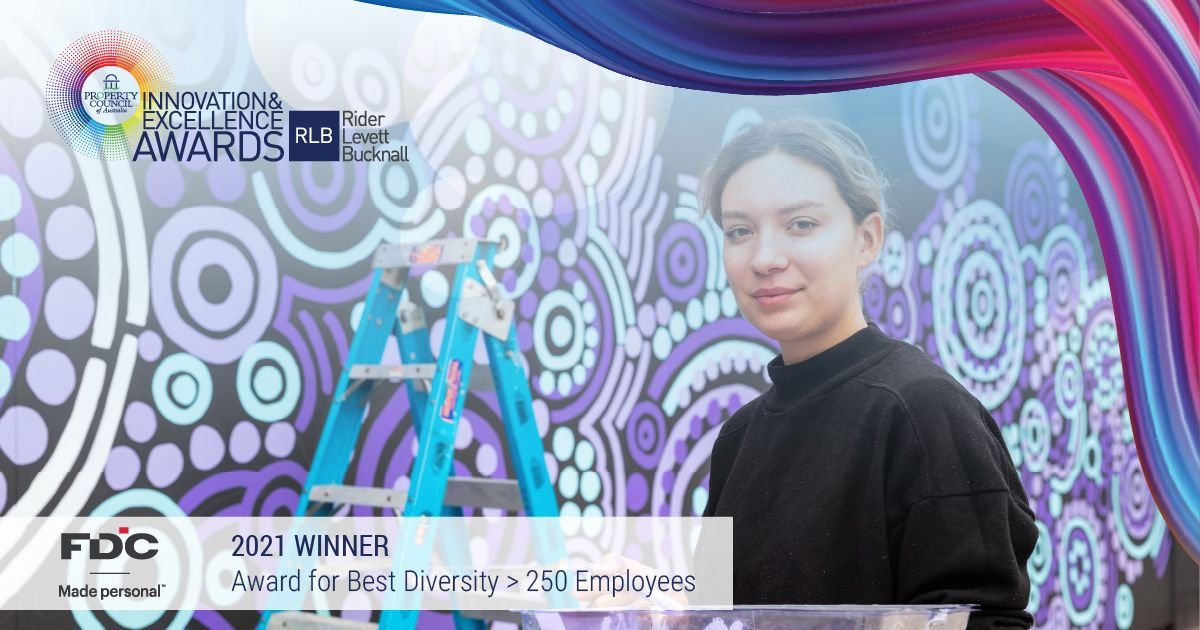It is a sad fact that half of all young people who enter our corrections system come straight from the state care system. Transitioning from childhood to adulthood is difficult for all of us, but imagine doing so without the support of any parents or close family-members. The care and support that vulnerable young people - such as those in the foster and out-of-home-care systems - are able to access stops on the day they turn 18, as they enter adulthood.
For many, this milestone birthday means an abrupt end to all of their support and networks. They must leave their “home” without any means of supporting themselves: no networks, no financial support, nothing. Most cannot even open a bank account because they don’t have the identification required, which in turn prevents them from accessing vital welfare support, including Medicare, Centrelink and the ATO.
Sadly, this significantly increases the risk of the young people experiencing homelessness, mental health struggles, criminal offences, early parenthood, and drug- and alcohol-problems, an outcome that is borne out in fact that they make up half of all young people in the corrections system. And of these vulnerable young people, young women are most at risk.
Our team at GJK Facility Services was deeply moved to learn about these issues from the Bridge of Hope Foundation, and we were determined to do something positive to help them. Bridge of Hope is a not-for-profit organisation that collaborates with vulnerable young women - and their care teams - to develop personalised support plans that help them transition safely from out-of-home care to independent living. The support these women receive includes both the practical, social and financial skills and resources needed for independent living, and the emotional skills that help them build resilience as they navigate adult life.
For example, the program ensures every young woman leaving care has a copy of their birth certificate, a bank account and debit card, and introduction to Centrelink, a MyKi cards and MyGov accounts. They are given driving lessons and help earning a driver’s license, and help developing a professional resume and developing interview skills, as well as free legal advice and representation if they need it.
In addition, the young women receive access to specialised mental and general health programs, and the program is currently negotiating with one of Victoria’s major hospitals to provide health assessment and advice, and to facilitate necessary surgical procedures.
I am proud to serve on the Board of Bridge of Hope, and prouder-still of the GJK team, who recently donated $20,000 to the foundation’s “Bridging the Gap” initiative as the next step in its goal to foster social change and offer help to those in need.





















